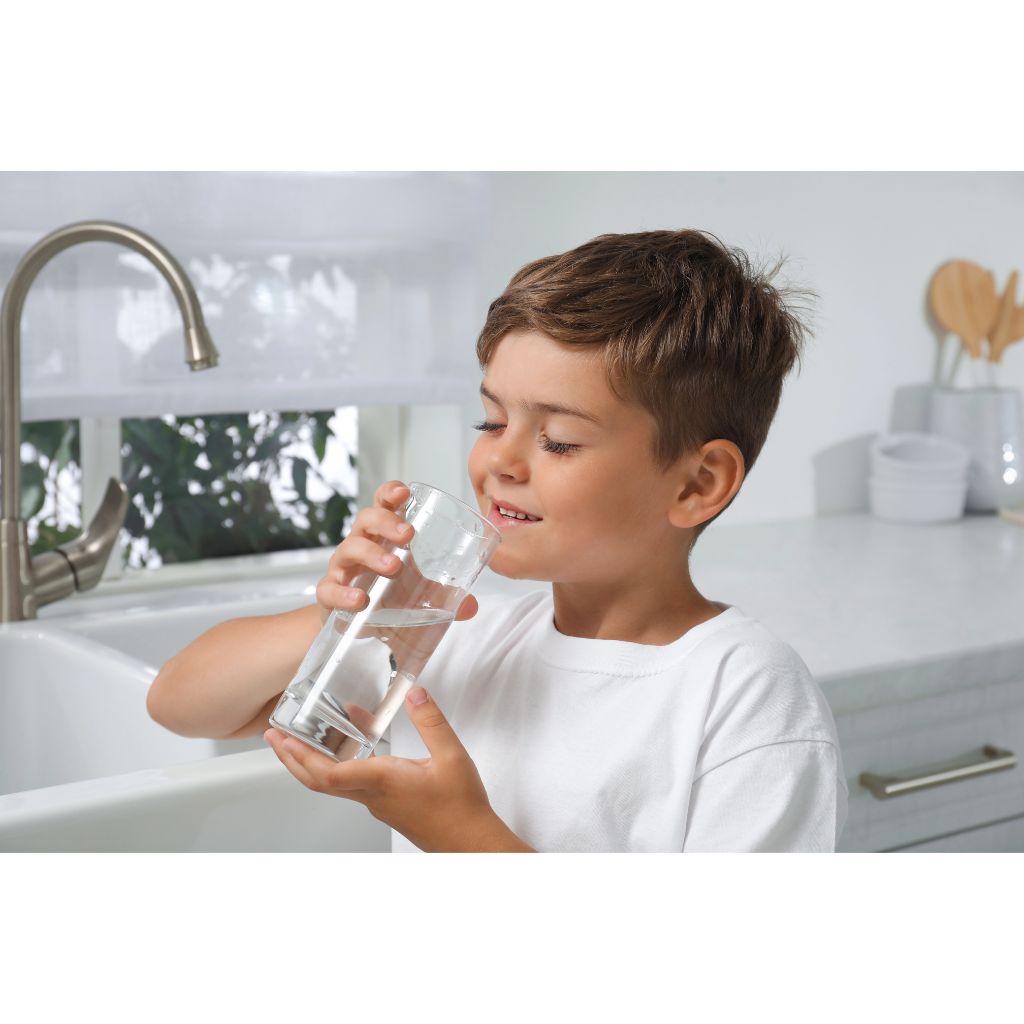Your Cart is Empty
Menu

Have a question? Call us 7 days a week!
Types of Water Filtration Systems: Which One Is Right for You?
January 17, 2025 3 min read

Water might look clean, but appearances can be deceiving. Municipal water often contains chlorine, fluoride, and other chemicals to keep it safe during distribution, but these can affect taste and pose health concerns. Well water, while untreated, can harbor bacteria, heavy metals, and other naturally occurring contaminants. Even bottled water isn’t immune—microplastics and questionable sourcing make it a less reliable option.
A water filtration system is the solution. It purifies water by removing impurities, improving taste, and ensuring it’s safe to drink, cook with, and use throughout the home. Beyond personal health, filtration systems also reduce environmental impact by cutting down on plastic waste from bottled water, making them an eco-friendly choice for sustainability-conscious households.
Water Filtration Systems Categories
Water filtration systems come in various forms, each designed to tackle different contaminants. They fall into two primary categories:
Point of Use (POU)
POU systems filter water at the point where it’s used—think faucets, pitchers, and under-sink setups. These systems are ideal for households that only need filtered water in specific locations, like the kitchen or bathroom.
Point of Entry (POE)
POE systems, also called whole-house systems, filter all the water entering a home. This means every tap delivers clean, filtered water, making them ideal for households with widespread water quality concerns.

Popular Types of Filtration Systems
Water filtration systems come in a variety of forms, each designed to address specific water quality concerns and needs. Some systems are focused on filtering water directly at the point where it’s used, such as faucets or pitchers, while others work at the point of entry, treating all the water that enters your home. The technology behind each filtration system varies, so understanding how each system works and what it removes from your water will help you make an informed decision on the best option for your household. Here are the popular types of water filtration systems:
-
Reverse Osmosis (RO):Reverse Osmosis water filtration systems is one of the most comprehensive water filtration methods. Using a semi-permeable membrane, it removes contaminants like bacteria, viruses, heavy metals, and dissolved solids. It’s particularly effective for improving the safety and taste of water but does produce some wastewater during the filtration process. Reverse osmosis filters have specific maintenance requirements and operational efficiencies that users need to consider.
-
Carbon Filters: Activated carbon water filters are champions at removing chlorine, lead, and volatile organic compounds (VOCs), which improves taste and smell. They’re often used in pitchers, faucet-mounted filters, and some whole-house systems.
-
Sediment Filters: These filters act as a first line of defense, removing larger particles like dirt, rust, and debris. Sediment filters are commonly used as pre-filters to protect more advanced filtration systems.
-
UV Light Systems: UV water filtration systems is one of the types of water filtration systems that use ultraviolet light to kill bacteria, viruses, and other microorganisms in water. They’re chemical-free and effective for homes relying on well water or other untreated sources.
-
Faucet-Mounted Filters: Convenient and easy to install, these filters attach directly to a faucet, providing immediate access to filtered water. They’re ideal for renters or those who need a low-cost solution. Faucet mount filters are affordable and suitable for those with limited sink space, offering the convenience of switching between filtered and unfiltered water.
-
Pitcher Filters: Portable and straightforward, pitcher filters are great for small households or occasional use. They use carbon or other technologies to remove basic contaminants.
-
Whole-House Filtration Systems: These systems are designed to tackle a broad range of contaminants and provide clean water throughout the entire home. The whole house water filtration system often include multiple filtration stages, combining technologies like carbon, sediment, and UV light. Whole-house systems often include multiple filters for enhanced performance and varying filtration capabilities.
Knowing the types of water filtration systems and choosing the right water filtration system is more than just a matter of taste—it’s about protecting your health and your environment. With so many types of filtration methods available, from affordable pitcher filters to whole-house systems, there’s a solution for every home. Don’t settle for uncertain water quality; take control with a filtration system that suits your needs. Explore our wide range of water filters today and find the perfect solution to ensure your home gets the cleanest, safest water possible.
Shop now to get started and enjoy fresh, filtered water delivered right to your door. Don’t wait—your health and taste buds deserve the best!
Leave a comment
Comments will be approved before showing up.
